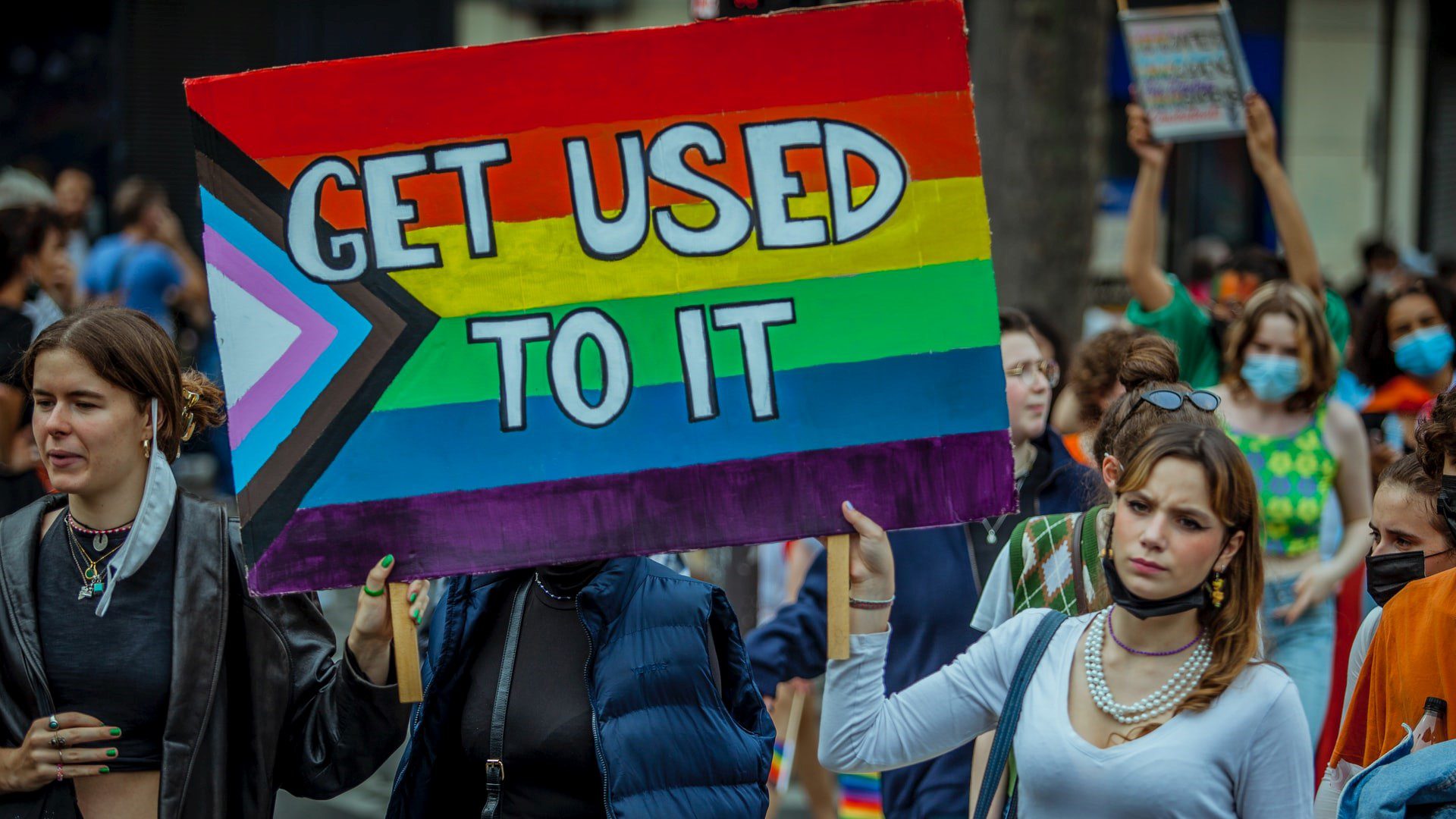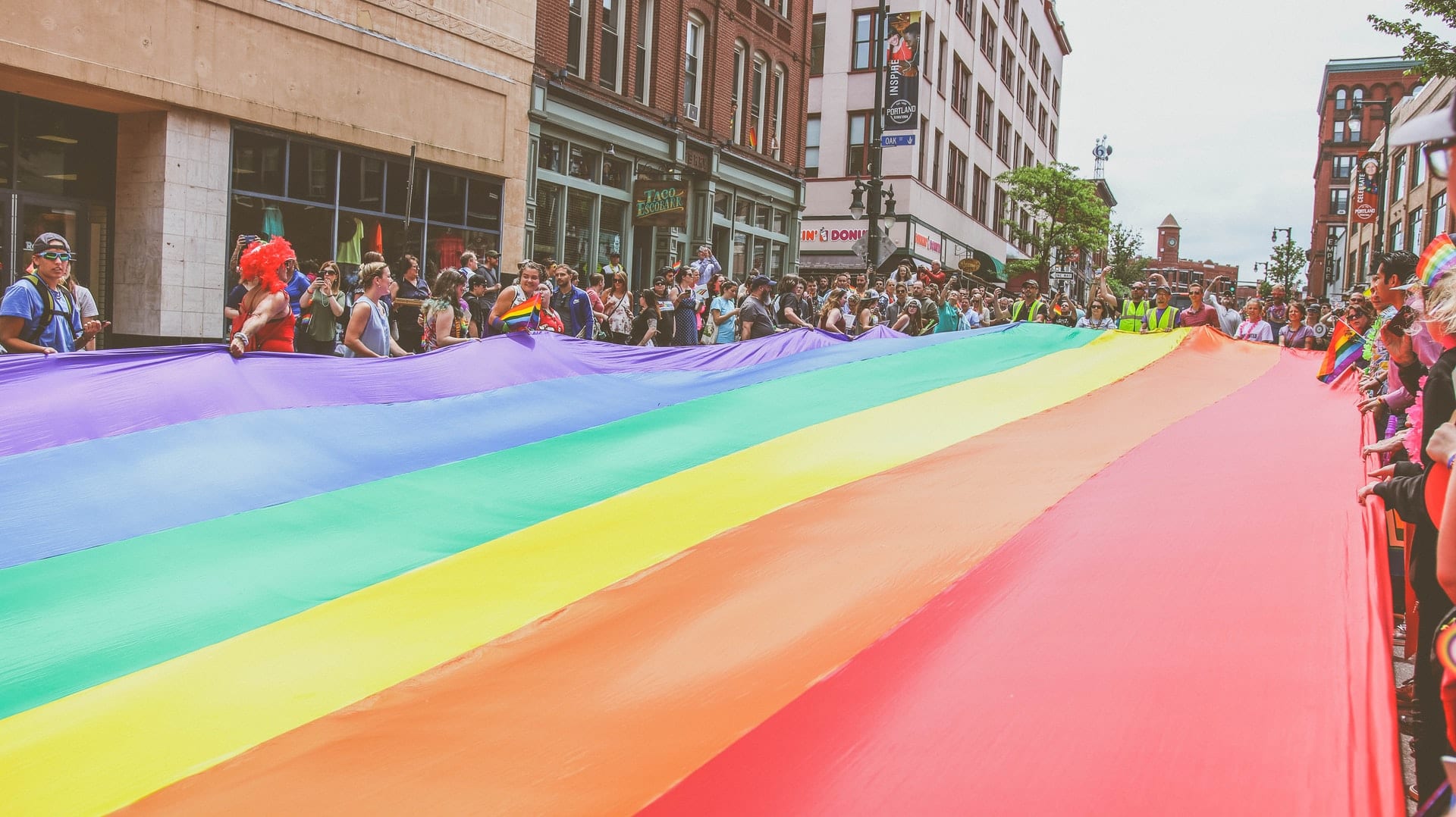When asked, Republican sponsors of Florida’s House Bill 1557: Parental Rights in Education, also known as the “Don’t Say Gay” bill, insist that the controversial piece of legislation is about giving parents an increased say in what is taught to their children.
They say it’s about protecting students from topics that shouldn’t be discussed in schools, and “strengthening the family.” Yet, this is all smoke and mirrors and is a pretext for limiting freedom.
The state should not be in the business of pushing worldviews
The bill reminds us of two fundamental truths about how government works.
The first is that the government will always be painfully out of touch and behind the times. The idea that a law that would ban students from talking about their own family if they have gay parents or a transgender sibling serves to strengthen the family speaks to a narrow, archaic definition of family that most Americans do not agree with.
Secondly, the government cannot protect you from the government. This law does not give parents any greater control or power over the curriculum that their children are taught. It does not grant protections or funding to those who want to homeschool their children. Instead, it flaunts state censorship of parents, children, and educators.
In an era where freedom of speech faces significant challenges across the world, we would be amiss to ignore its greatest enemies; “fear of the other,” and government power.
The bill states that it would prohibit “discussion” about sexual orientation and gender identity “in certain grade levels or in a specified manner.” This frames such discussions as inappropriate and shameful, a disturbing message to be sent to students who might either be struggling with or confident in their identity in Florida schools.
Florida’s “Don’t Say Gay” law will have damaging consequences
Worryingly, activists fear that provisions in the bill would require parents to be notified if a student uses a new school health resource, which would force school staff members to “out” LGBT youth to their parents.
This is particularly concerning considering Florida has one of the highest rates of LGBT youth homelessness in the country.
As of 2019, LGBT students make up 7% of Florida’s total population, but 40% of its homeless population. Almost half of LGBT youth run away from home because they were outright rejected by their families, 43% because their parents forced them out, and 32% to escape physical, emotional, and mental abuse.
Republican state and sponsor of the “Don’t Say Gay” bill Sen. Dennis Baxley has said, “We are moving, and have been moving, in a direction of empowerment of parents. That they’re supposed to be in charge.”
This fundamentally misses the point that students should be the stakeholders who should be empowered in education. Students are no less deserving of liberty and freedom of speech just because they are young.
A troubling pattern of attempts to shut down discussion
Once again, Republicans prove that they are no friends of small government, liberty, or freedom of speech. This pattern is set to continue with the “Stop WOKE Act” that has also passed through Florida’s senate.
The emphasis has been on point scoring in a culture war that is totally removed from the ethos the Republican Party once stood for.
This bill targets employers who include training on racism; it bans any training course that tries to teach that “an individual’s moral character or status as either privileged or oppressed is necessarily determined by his or her race, color, sex, or national origin.” The bill also limits how teachers teach their students about race, privilege, oppression, and the founding of America.
It seems the tirade against free thought and discussion from the GOP is never-ending in Florida.
To read more about issues relating to LGBTQ rights, be sure to check out our cluster page by clicking on the button below.
This piece solely expresses the opinion of the author and not necessarily the organization as a whole. Students For Liberty is committed to facilitating a broad dialogue for liberty, representing a variety of opinions. If you’re a student interested in presenting your perspective on this blog, send your piece to [email protected], and mention SFL Blog in the email subject line for your chance to be published and be seen!









